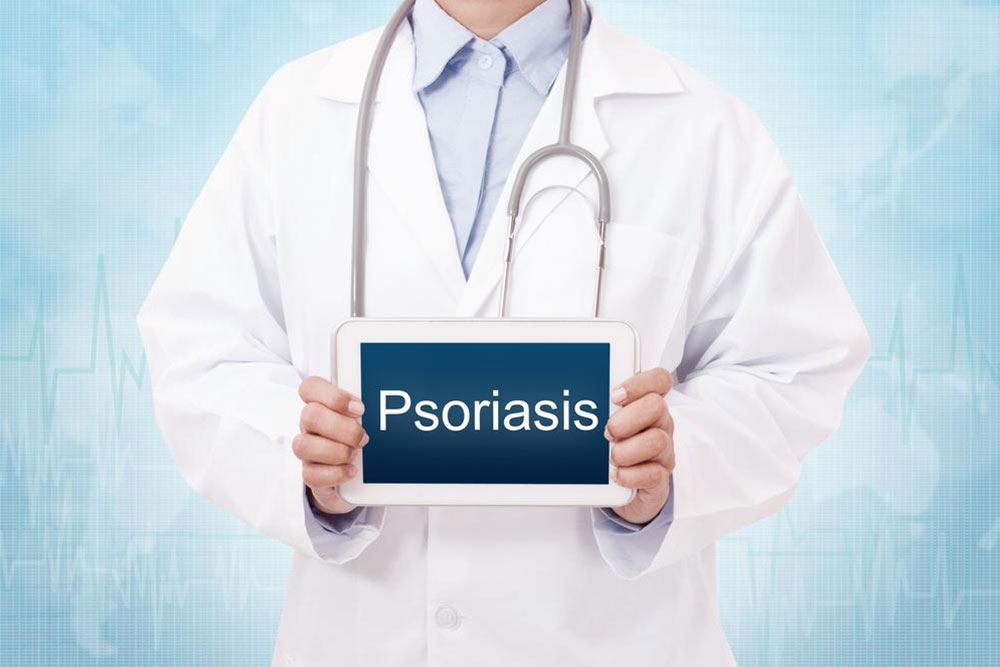Innovative Approaches to Controlling Plaque Psoriasis Symptoms
This article explores advanced strategies for managing plaque psoriasis, emphasizing topical treatments, light therapy, systemic drugs, and biologics. It offers insights into effective symptom control and improving skin health for patients. Suitable for dermatology professionals and sufferers alike, the guide highlights personalized treatment options for long-term management of this chronic skin disorder.

Innovative Approaches to Controlling Plaque Psoriasis Symptoms
Plaque psoriasis is a long-term skin disorder with no known cure, characterized by recurring flare-ups. To manage the severity and frequency of outbreaks, various treatments focus on alleviating symptoms and maintaining skin health. Here are some of the most effective strategies:
Topical Remedies
Localized treatments play a vital role in managing limited psoriasis patches. Dermatologists often recommend medicated creams directly applied to affected areas. These products help decrease inflammation and slow excess skin cell production. Common ingredients include corticosteroids, vitamin A, and vitamin D derivatives. Over-the-counter options, such as coal tar, salicylic acid, or creams with aloe vera, jojoba oil, capsaicin, or zinc pyrithione, are also used to soothe itching and remove scales. Using emollients after bathing helps retain skin moisture.
For more extensive or severe psoriasis, phototherapy is often recommended. This involves controlled exposure to ultraviolet light to diminish symptoms. Treatments can be administered in clinical settings or at home using specialized light devices. Natural sunlight exposure is also an option, but sunscreens should be used on unaffected skin to prevent sun damage.
In severe cases, systemic medications such as Taltz, Enbrel, and Otezla are prescribed to modify immune responses or slow skin cell growth. These are available as injections or oral medications but may have side effects like mood changes or liver concerns.
Biologic therapies—including adalimumab, etanercept, and secukinumab—target specific immune components involved in inflammation, offering effective management for persistent symptoms.


